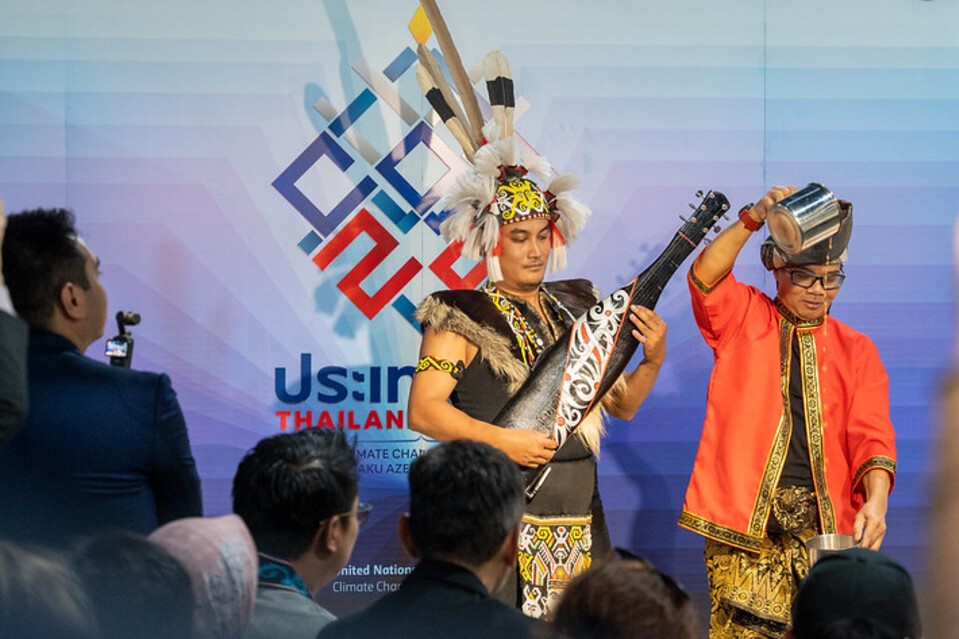Baku Initiative Highlights Human Development in Climate Resilience at COP29
Global leaders at COP29 unveil the Baku Initiative, integrating human development into climate resilience strategies.
As the 29th session of the United Nations Climate Change Conference, or COP29, unfolds, a groundbreaking initiative has emerged to integrate human development into the global fight against climate change.
The Baku Initiative on Human Development for Climate Resilience, announced during the first-ever Human Development Day at COP29, seeks to address the intersection of climate resilience and human well-being through education, health, social protection, and equitable employment.
The initiative, launched by international organizations, development banks, and climate-focused funds, underscores the urgent need for a multi-sectoral approach to combat climate impacts. It emphasizes that investments in human development enhance resilience and fuel innovative solutions to mitigate climate change’s effects.
A Unified Call for Action
“We are facing a critical moment in our fight against climate change,” the joint statement reads. “Human development must be at the heart of our strategies to build resilience, protect vulnerable populations, and promote sustainable progress.”
The initiative highlights the importance of integrating critical social elements—education, health, decent jobs, and skills development—into climate policies.
It prioritizes addressing the needs of workers at risk of job displacement, informal economy laborers, women, children, migrants, and other vulnerable groups disproportionately affected by climate change.
The statement also aligns with global commitments, including the Paris Agreement, the COP28 UAE Declaration on Climate and Health, and the Just Transition Declaration. It stresses fostering partnerships and leveraging collective expertise to create scalable, community-driven solutions.
Bridging Climate Policy and Human Development
The Baku Initiative calls for closer integration of human development goals with climate strategies such as Nationally Determined Contributions and National Adaptation Plans.
It proposes increasing age- and gender-responsive climate finance to invest in education, healthcare, social protection, and skills training.
“The climate crisis is not just an environmental issue; it is fundamentally a human development challenge,” said one of the initiative’s representatives. “Only by addressing the social dimensions of climate change can we create equitable and sustainable solutions.”
Building on Global Momentum
The initiative complements ongoing efforts, such as the Greening Education Partnership and the Climate Action for Jobs Initiative. It seeks to enhance dialogue among governments, employers, and workers to design inclusive and impactful climate policies.
With the joint statement, signatories committed to concrete actions, including promoting synergies between human development and climate resilience, scaling up investments in social systems to build adaptive capacities and supporting intergenerational equity and inclusivity in climate strategies.
Toward a Resilient Future
COP29 marks a pivotal moment in reframing climate action as an opportunity to prioritize human well-being. “This initiative reflects our shared vision of a future where communities are empowered, no one is left behind, and climate action aligns with sustainable development,” the statement concludes.
As global leaders continue discussions in Baku, the initiative serves as a reminder that the road to climate resilience begins with investing in humanity.
Also Read:

